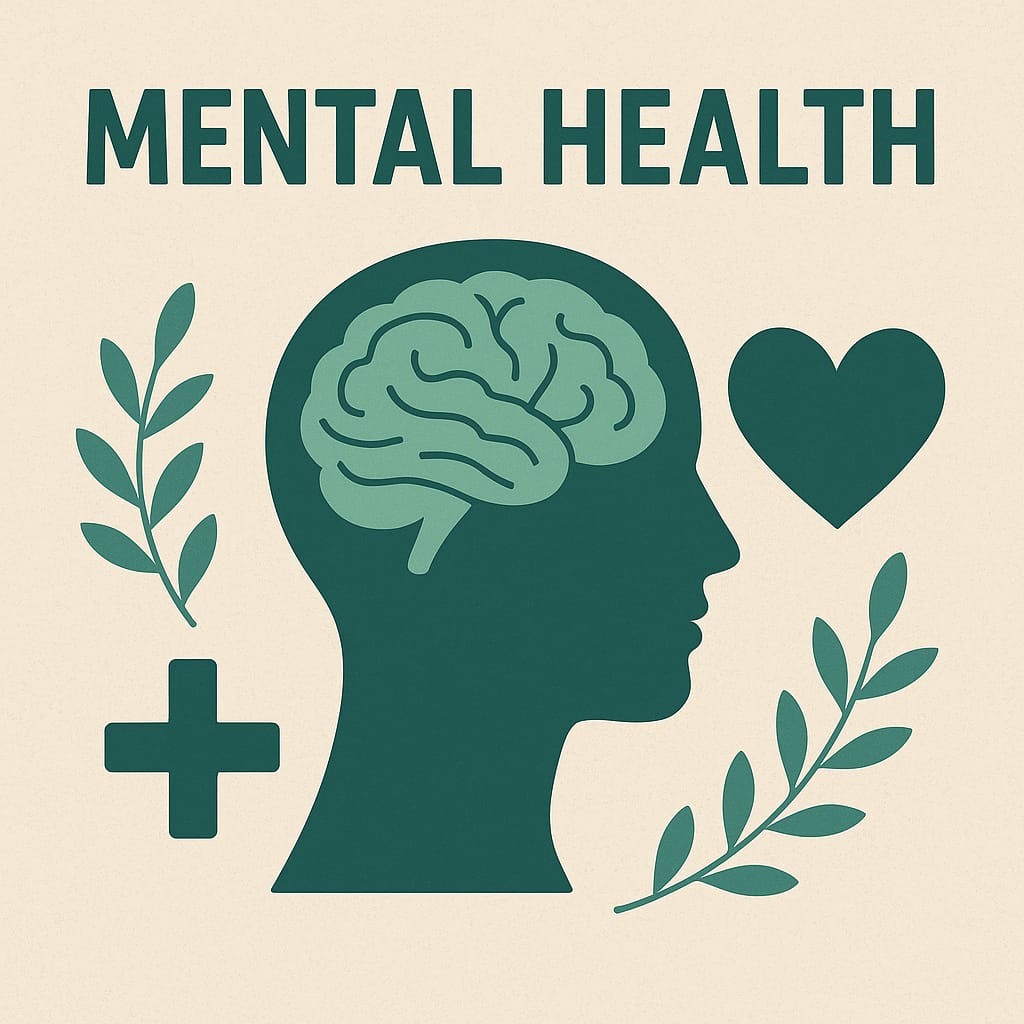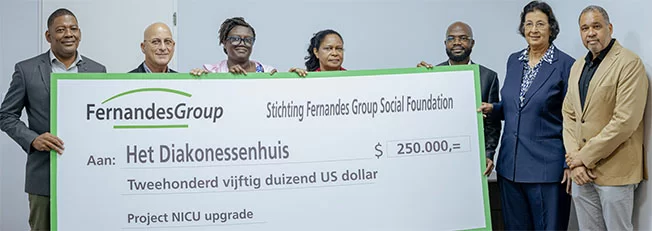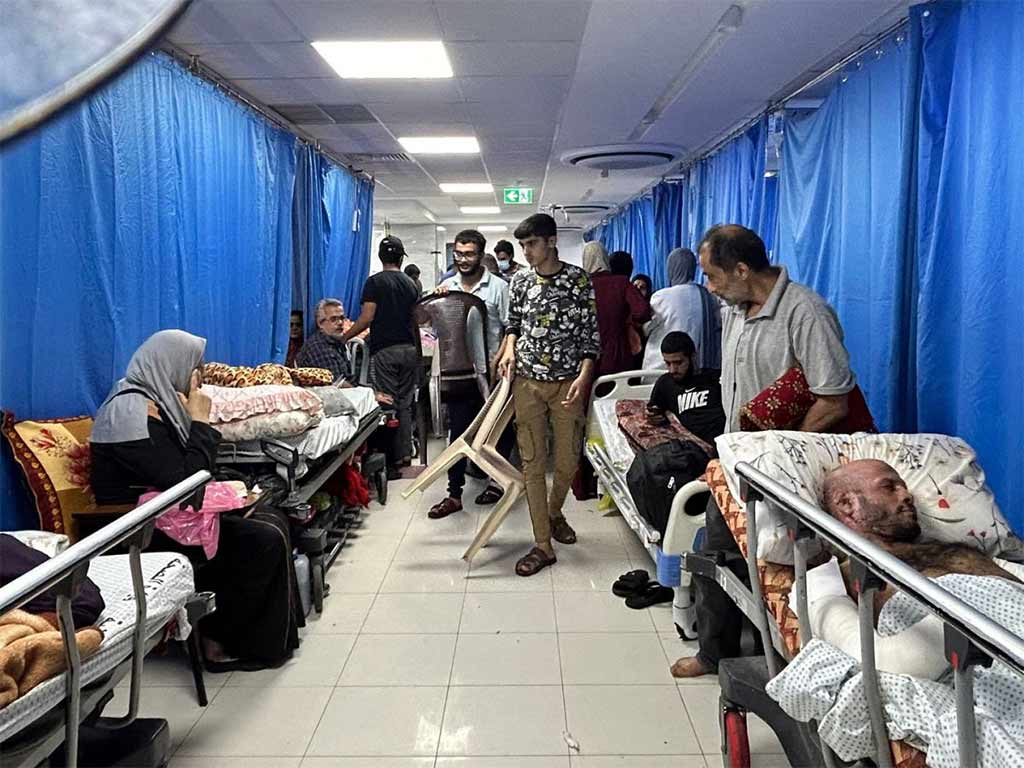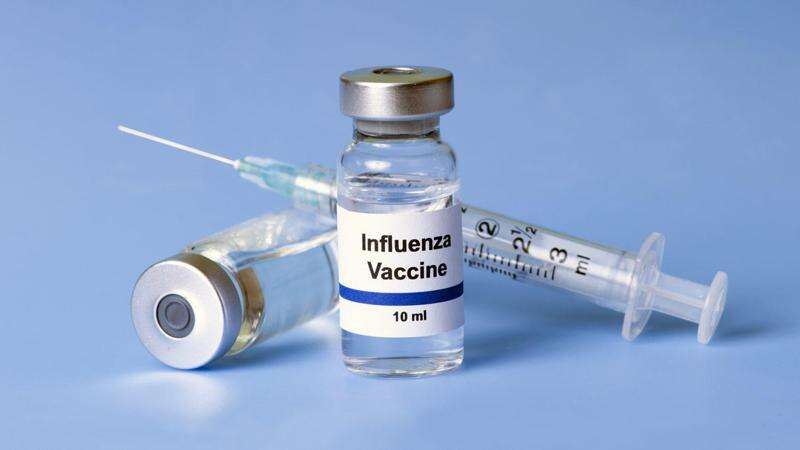On International Human Rights Day, the Wadadli Initiative for Self-care and Healing (WISH) has positioned mental wellness at the forefront of fundamental rights discussions, asserting that psychological wellbeing constitutes an essential form of human freedom. This declaration coincides with global commemorations of the Universal Declaration of Human Rights adoption in 1948, which established foundational principles of dignity and equality worldwide.
Despite these historic commitments, mental health protection remains significantly underprioritized within global human rights frameworks. Current data from the World Health Organization reveals that approximately 12% of the global population lives with mental health conditions, while systemic barriers including stigma, discrimination, and inadequate service provision prevent millions from accessing crucial support services.
Chaneil Imhoff, Founder of WISH, emphasized the particular urgency of addressing these gaps within Caribbean communities. “Mental health represents the fundamental freedom to learn, work, contribute meaningfully, form relationships, and pursue healing without constraint,” Imhoff stated. “Denying access to mental wellbeing resources effectively prevents full societal participation, contradicting our professed commitment to human rights.”
The legal foundation for mental health as a human right originates in Article 25 of the Universal Declaration, which guarantees adequate living standards for health and wellbeing. This is further reinforced by the WHO Constitution’s definition of health as complete physical, mental, and social wellbeing—not merely disease absence.
Regional studies by the Pan American Health Organization identify mental health conditions as leading causes of disability throughout the Americas, with care accessibility disparities disproportionately affecting vulnerable populations. The New Agenda for Mental Health in the Americas consequently advocates for enhanced community-based systems, early intervention protocols, data-informed planning, and national policies recognizing mental wellbeing as non-negotiable rights.
WISH’s Antigua and Barbuda operations align with these objectives through educational programs, youth engagement strategies, research initiatives, and digital tools including the forthcoming WISH Mood Tracker application. These efforts collectively aim to provide both theoretical knowledge and practical resources for mental self-management.
The organization now urges governmental bodies, civil society organizations, private sector entities, and community leaders to adopt rights-based approaches to mental health. This includes care access expansion, preventive measure strengthening, public awareness campaigns, and increased investment in social support systems that collectively safeguard psychological wellbeing.









